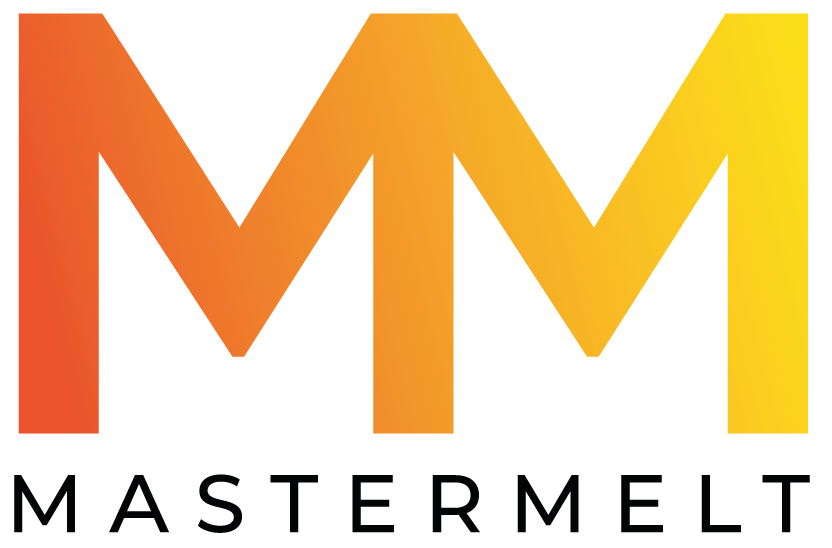Pharmaceutical Industry
Mastermelt has extensive experience in providing a tailored reclamation service which optimises precious metal recovery of spent pharmaceutical catalysts, as well as from the chemical, petrochemical and flavours and fragrance sectors.
Sustainable metal recycling of pharmaceutical catalysts
Typically, reclamation uses traditional thermal pre-treatment processes for the recovery of Precious metal catalysts from heterogenous catalyst waste streams. However, with the increased use of homogeneous catalysts in the pharmaceutical industry, a more unique solution is required. Mastermelt has developed a metal scavenger recovery system to capture Precious metal catalysts from reactions such as hydrogenation, asymmetric hydrogenation, reductive amination, carbonylation, dehydrogenation and isomerisation.
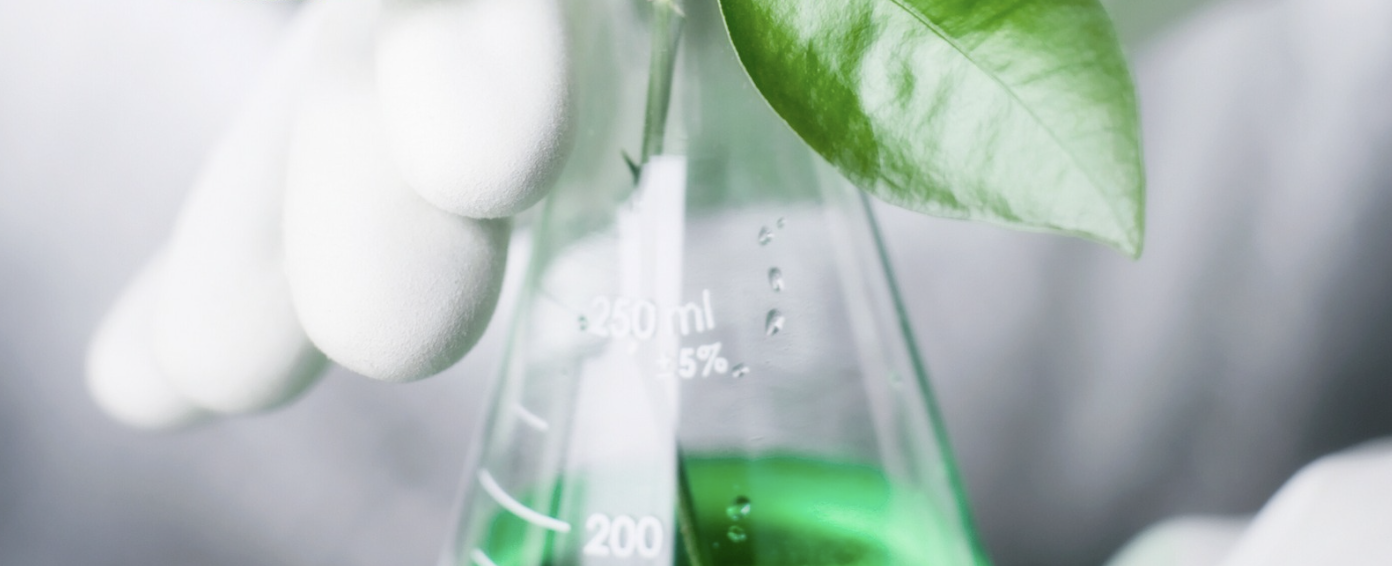
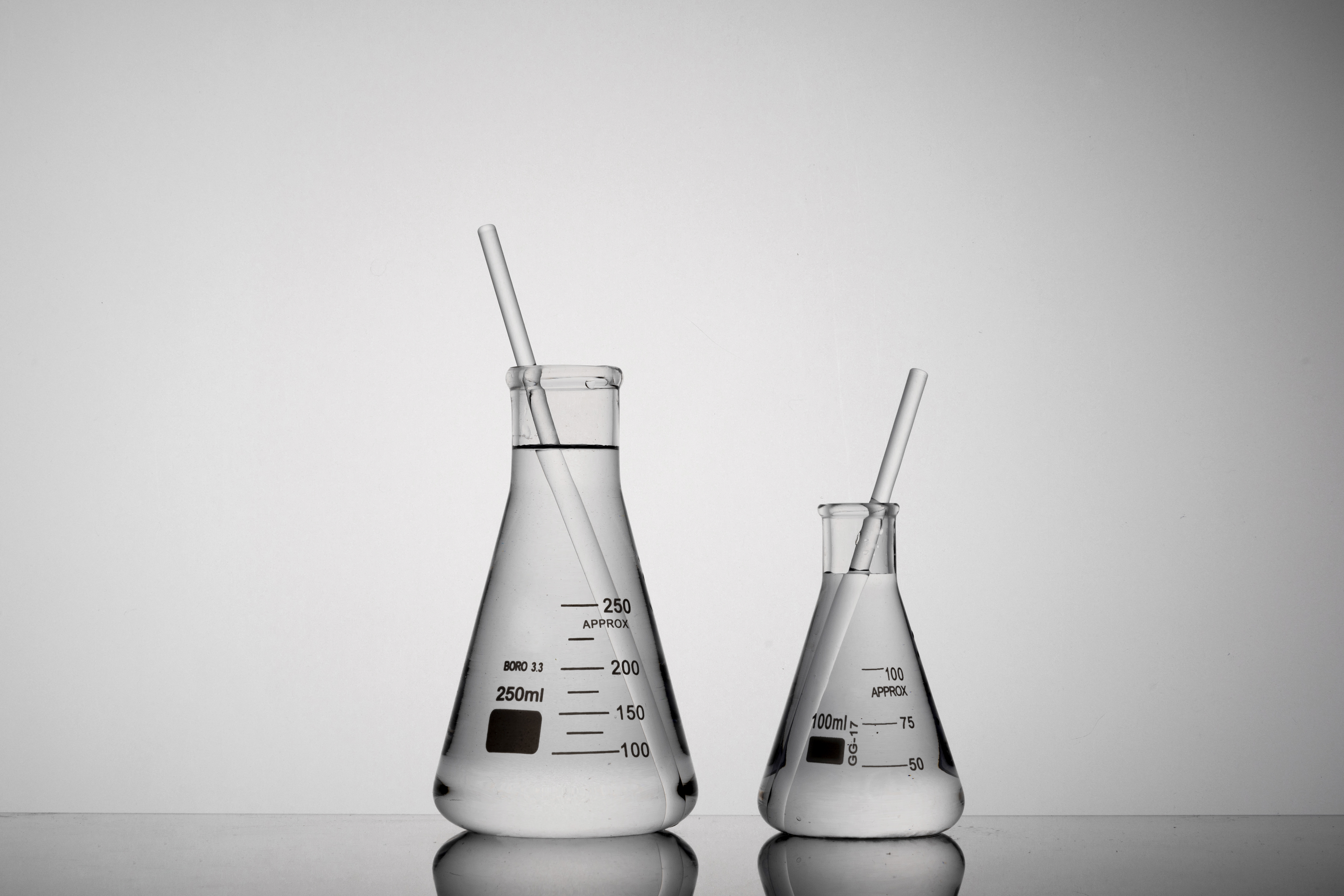
Homogenous Waste Streams
For homogenous waste streams, pharmaceutical producers sometimes use a solvent recovery company to produce a distillate. In addition to the Precious metal catalysts contained in these distillates, they also typically contain a high organic content, resulting in high calorific values requiring expertise in thermal treatment to optimise the recovery.
Mastermelt Homogeneous Catalyst Value Calculator
Unlock the true value of your catalyst waste with the Mastermelt Homogeneous Catalyst Value Calculator. Our powerful tool makes it easy to estimate the worth of precious metals in your waste streams using the latest market prices.
Simply enter the volume and ppm of each precious metal contained in your material, and with just a few clicks, get an instant valuation.
Fast, accurate, and hassle-free—try it now and discover the value hidden in your catalyst waste!

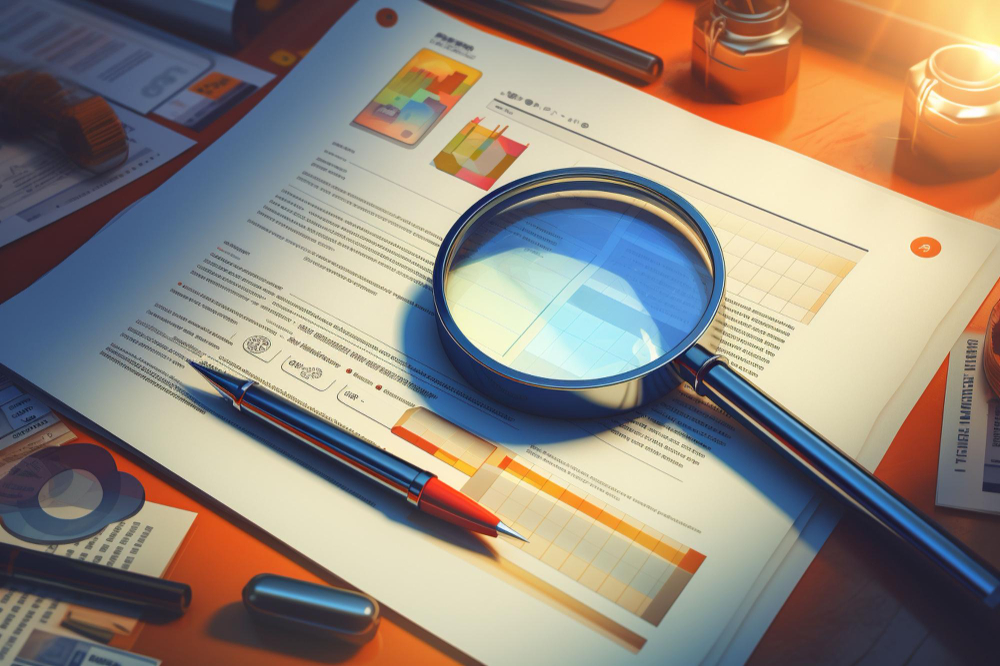
Case Studies
This section showcases our expertise in the pharmaceutical and chemical industries. Discover detailed case studies highlighting our successful projects.
Sustainable & Metal Loop Reclamation Service
Mastermelt partners with many pharmaceutical companies and contract manufacturers to provide a sustainable recycling and metal loop reclamation service when a catalyst has reached the end of its life.
Our processes and technologies optimise metal recovery, enables the reuse of valuable metals, and reduces metal lead times.
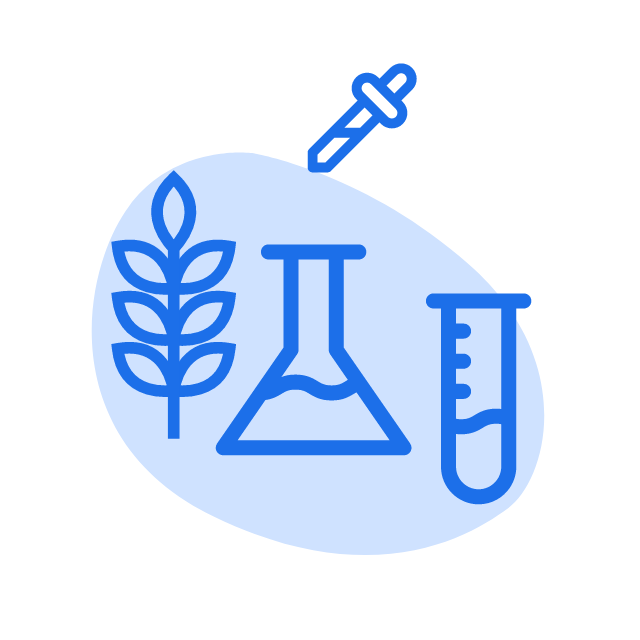
What catalyst types does the pharmaceutical industry use?
Palladium and Rhodium are key precious metals used in the pharmaceutical industry for these heterogenous and homogeneous catalysts:
Heterogenous Systems
Pd on Carbon - Hydrogenation
Pd on Silica – Hydrogenation
Homogeneous Systems
Pd Organometallics - Heck, Suzuki-Miyayra & Sonogashira Cross-coupling.
Rh Organometallics – Hydroformylation
What is the process for reclaiming metal from pharmaceutical catalysts?
Understanding your pharmaceutical catalyst process is important in both heterogeneous and homogeneous systems. This helps determine the treatment route and matrix effects, such as any residual solvents and any base metals present.
How you pre-treat spent catalysts such as steam treatments, washing to remove solvents and nitrogen purging will also help to define the treatment method required, as well as the type of filtration system/media or other methods you use to collect and isolate spent catalyst waste streams.

The process for reclaiming metals from pharmaceutical catalysts comprises:
Once we understand the catalyst process, we will conduct analysis on a small sample of catalyst. Including matrix evaluation and thermogravimetric properties of the material.
Technical scale-up of the tailored process route, which is monitored using rigorous process controls, ensures safe and effective production scale validation.
We will inspect the first delivery of catalyst material to ensure that it conforms with the sample previously provided. We will record details of the catalyst including photographing the material, before processing starts.
Initial processing of a small sample of catalyst, normally 10-25kg. It’s then monitored by our technicians and process measurements compared against the process design. These benchmarks could include the exotherm rate, ash %, O2 depletion rate, tracer spike analysis.
Assuming the initial trial benchmarks are within limits, then the volumes will be increased to a minimum production scale.
OPTIMISATION
Efficient and expedient processing of large volumes of catalyst, underpinned by performance benchmarking, resulting in industry leading precious metal returns.
PRODUCTION
When the performance benchmarks have been met, our production technicians look to optimise the throughput of the catalyst using Mastermelt’s unique processing equipment and operating methods to increase the throughput.
RECOVERY
Knowing the benchmark envelope will enable the maximum amount of precious metal recovery. This will be measured by our class leading sampling and analysis techniques
